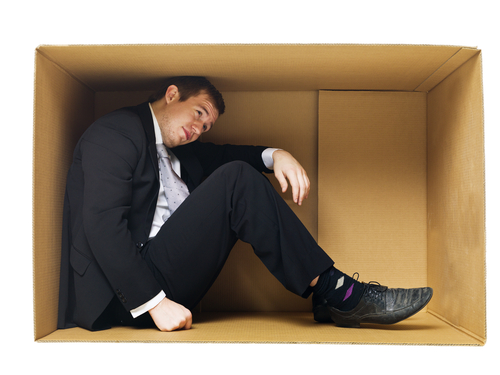Over 10% of the UK suffer from claustrophobia but how many of us actually knows what it is? Well it is the irrational fear of confined spaces, for example lifts are confined spaces, some people can react mildly whilst others can experience server anxiety and even have a panic attack. According to the NHS the most common feeling that people experience is a fear of losing control. A variety of situations can cause feelings of claustrophobia and even think about situations that cause them!
When you are in places such as;
- Lifts
- Tunnels
- Tubes
- Trains
- Toilets
- Car washes
- Planes
In the last 6 months when you have been in any of these places have you have reoccurring feeling such as;
- Nausea
- Sweating
- Trembling
- Hot flushes
- Difficulty breathing from panic
- Panic attacks
- Fainting
- Chest pains
- Feeling dizzy
- Dry mouth and sweaty palms
- Feeling disorientated
- Pins or needles in hands/feet or any other body parts

Help
Charities such as Anxiety UK offer support to people with claustrophobia. Self-help groups are a useful way of meeting others with similar experiences and sharing ways of coping. For example, you could join the Claustrophobia or Anxiety Support Group on Facebook so you can share stories and experiences in order to seek help form others.
What causes it?
Many cases of claustrophobia are caused by a traumatic event experienced early in childhood. For example, adults may develop claustrophobia if, as a child, they were:
- Trapped or kept in a confined space
- Bullied
- Abused
Claustrophobia can also be triggered by unpleasant experiences or situations, such as turbulence when flying or being stuck in a tube tunnel between stations. Sometimes, children with a parent who had claustrophobia may become claustrophobic themselves, this is because children can pick up on the adult’s anxiety and will then associate it with fear in future.
How to Combat this Phobia
It is said that people with claustrophobia can overcome their fear, but in order to establish exactly what it is be prepared to make a doctor’s appointment and explain your symptoms. They will then give you the best course of action to tackle your phobia and steps to put in place to practice. Common tips are deep breathing and cognitive behavioural therapy which is where the person is encouraged to think about their fear and change their thoughts and feelings towards it – so perhaps meditation in a safe place and slowly introducing the triggers that scare you, like the image of lifts etc.
Working
Many people work in confined spaces for a living and in order to do this you need to have workplace confined space training who often take the NRSWA Renewal Training at the same time, these courses are aimed at tradesman in the construction industry but they taken be taken by anyone who feels they need it. The course is designed to ensure whoever needs to work in such requirements understand the requirements of the law, the need for risk assessments and safe systems of work and how to apply these practically.



